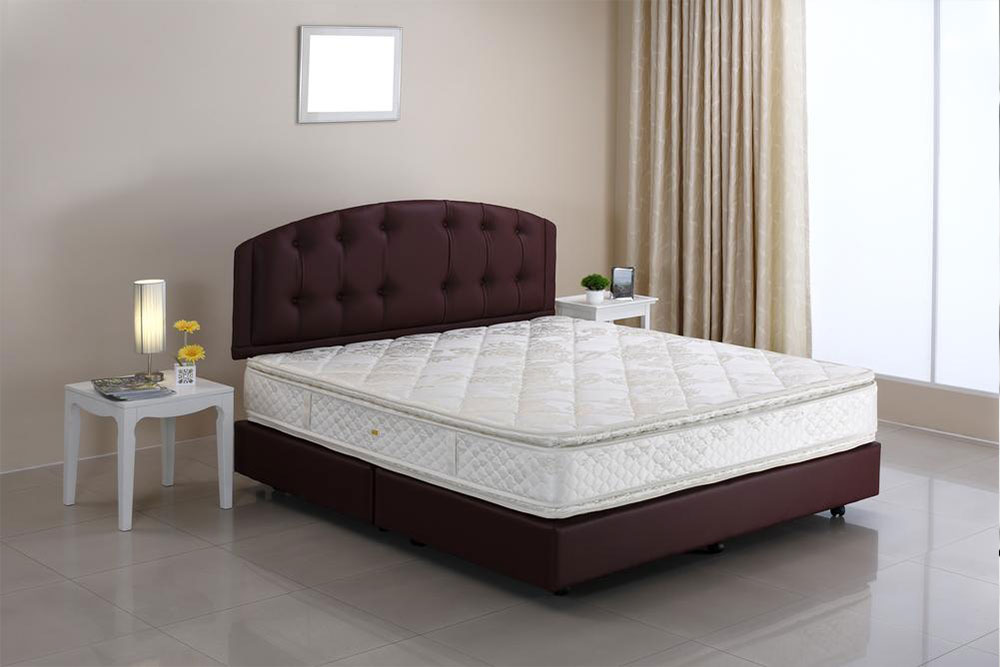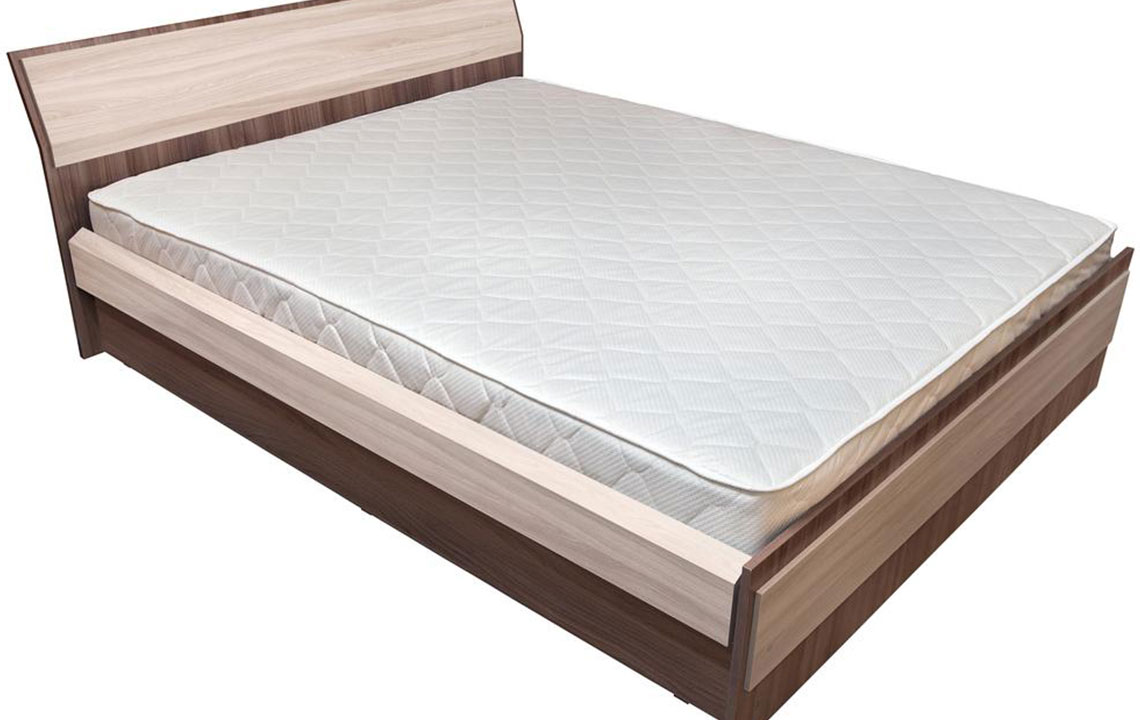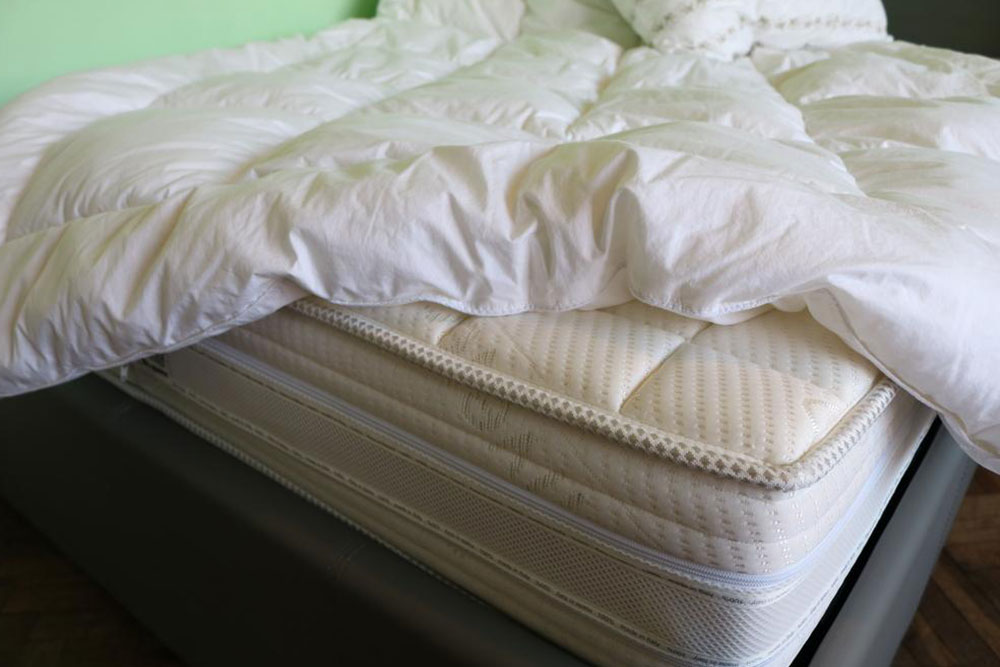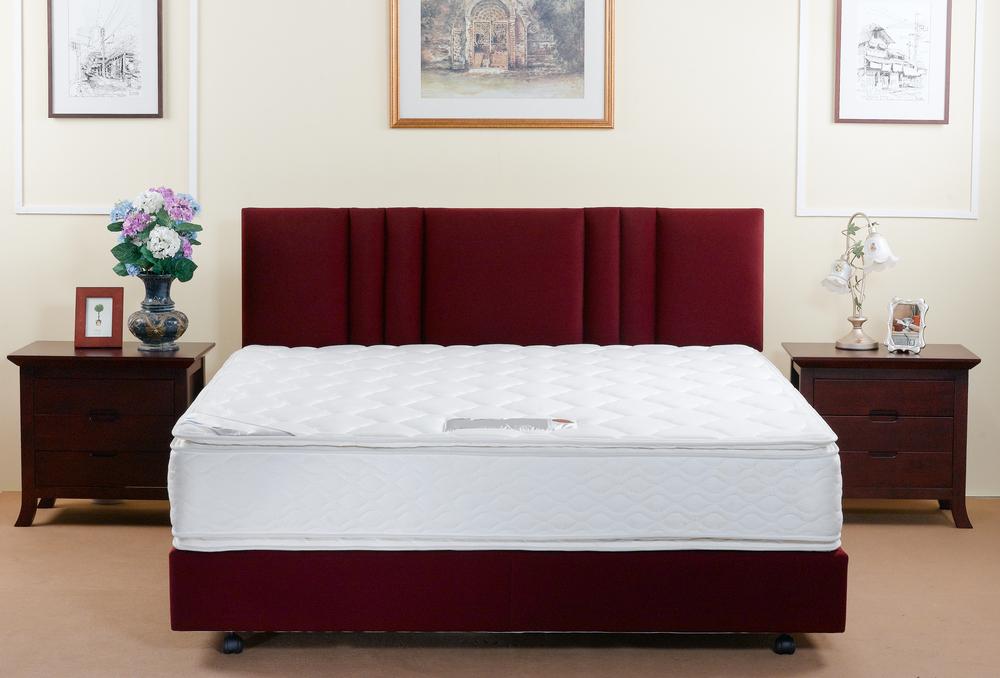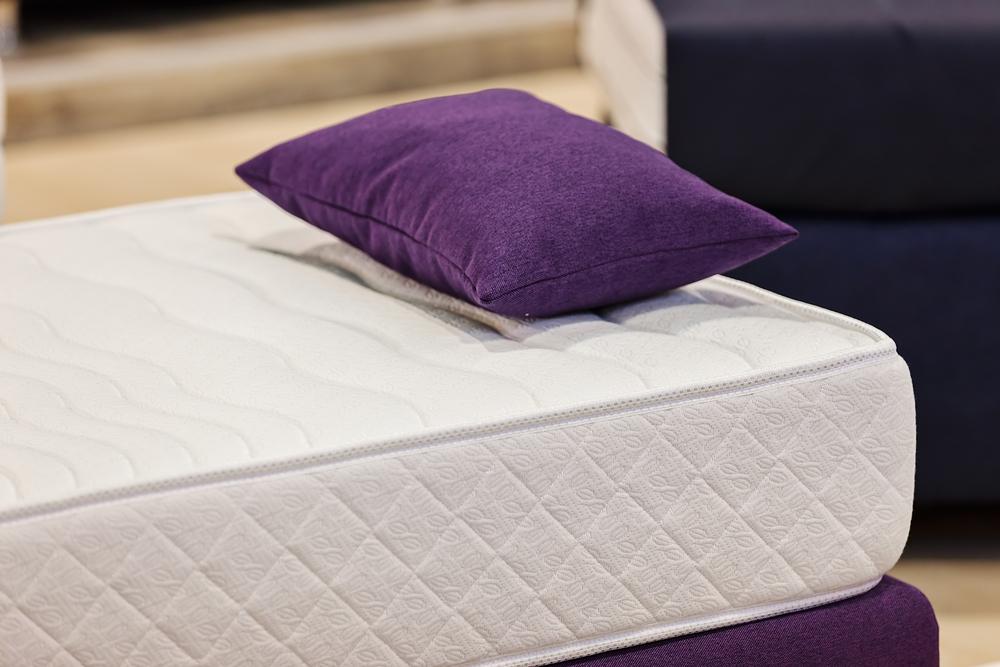Ultimate Guide to Selecting the Perfect Mattress for Healthier Sleep
Choosing the right mattress is essential for quality sleep and overall health. This comprehensive guide covers key factors such as support, comfort, motion isolation, temperature regulation, and durability. Testing various options and understanding your personal needs ensure you select a mattress that promotes restful and healthy sleep. Invest time in your mattress choice for long-term benefits, including reduced back pain and improved well-being.

Ensuring a good night's sleep is essential for overall health, productivity, and well-being. With the average adult spending about 6 to 8 hours sleeping each night, choosing the right mattress becomes a crucial decision that can significantly impact your quality of life. While many consumers rely on consumer reports and top-rated mattresses to guide their choices, these recommendations might not always meet individual sleep preferences or specific health needs. Therefore, understanding the key factors involved in selecting a mattress tailored to your body is vital for achieving restful and restorative sleep.
When exploring options for a new mattress, it is highly recommended to test various models personally. Simply relying on online reviews or ratings can be misleading because comfort and support are highly subjective experiences that differ from person to person. Visiting mattress stores and lying down on different mattresses allows you to assess comfort levels, support, and how the mattress feels in real life. Remember, a mattress that feels comfortable during a short trial may not provide long-term support needed for proper spinal alignment.
The foundation of a good mattress is its ability to offer adequate support. A supportive mattress maintains the natural curve of your spine, which is vital in preventing back pain and ensuring overall physical health. The right firmness or softness depends on your sleeping position; side sleepers often prefer softer mattresses that cushion the shoulders and hips, while back and stomach sleepers may require firmer surfaces to prevent sagging. Additionally, consider mattress materials—innerspring, memory foam, latex, or hybrid options—each offering different benefits such as responsiveness, durability, and temperature regulation.
Pressure point relief is another critical factor. The best mattresses evenly distribute body weight, preventing soreness and stiffness in areas like the shoulders, hips, and ankles. Features such as zoned support can target specific regions needing extra cushioning or firmness, contributing to enhanced comfort. Furthermore, motion isolation—how well a mattress prevents movement transfer—becomes especially important if you share your bed with a partner. A mattress that minimizes disturbance from movements ensures undisturbed sleep for both partners.
Temperature regulation is another aspect to consider. Some mattresses, particularly memory foam models, tend to retain heat, potentially causing discomfort during hot nights. Look for mattresses with breathable covers or gel-infused foams that help dissipate heat and maintain a comfortable sleeping temperature throughout the night. Edge support also plays a role in sleep quality, especially for those who sit or sleep near the edges of the bed. Strong edge support prevents sagging and provides stability when getting in and out of bed.
Aside from comfort and support features, durability and warranty are essential considerations to ensure your investment lasts. High-quality materials tend to withstand wear and tear over time, providing consistent support and comfort. Additionally, checking the sleep trial period and return policies can save you the hassle of being stuck with an unsuitable mattress.
In summary, selecting the right mattress involves understanding your personal sleep preferences, testing various options, and paying attention to support, comfort, temperature regulation, motion isolation, and durability. Taking the time to choose wisely will pay off in better sleep quality, reduced pain, and improved overall health. Remember, a good mattress is an investment in your long-term well-being—don't rush the process. Prioritize your comfort and health needs to find the ideal mattress that will support restful sleep for years to come.

